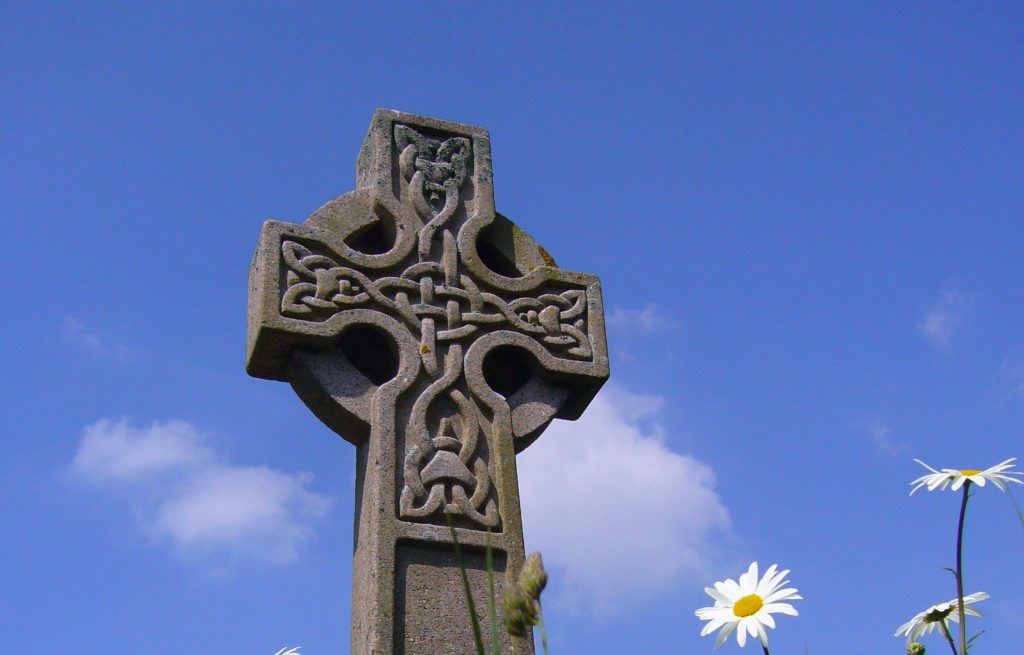
Big Funeral Energy
Carol Ballantine can’t stop writing about funerals. Irish, Catholic funerals, to be precise.

Carol Ballantine can’t stop writing about funerals. Irish, Catholic funerals, to be precise.
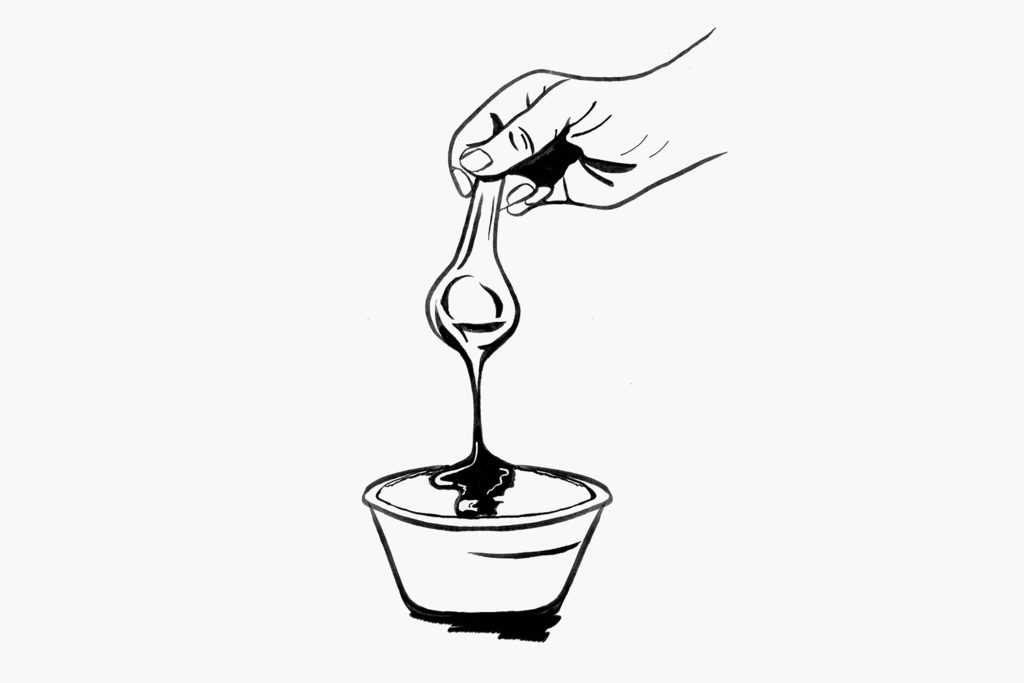
Every family needs a villain. Someone to talk about, with lowered voices and raised eyebrows, when we meet at wedding dinners and baby full-moon parties.
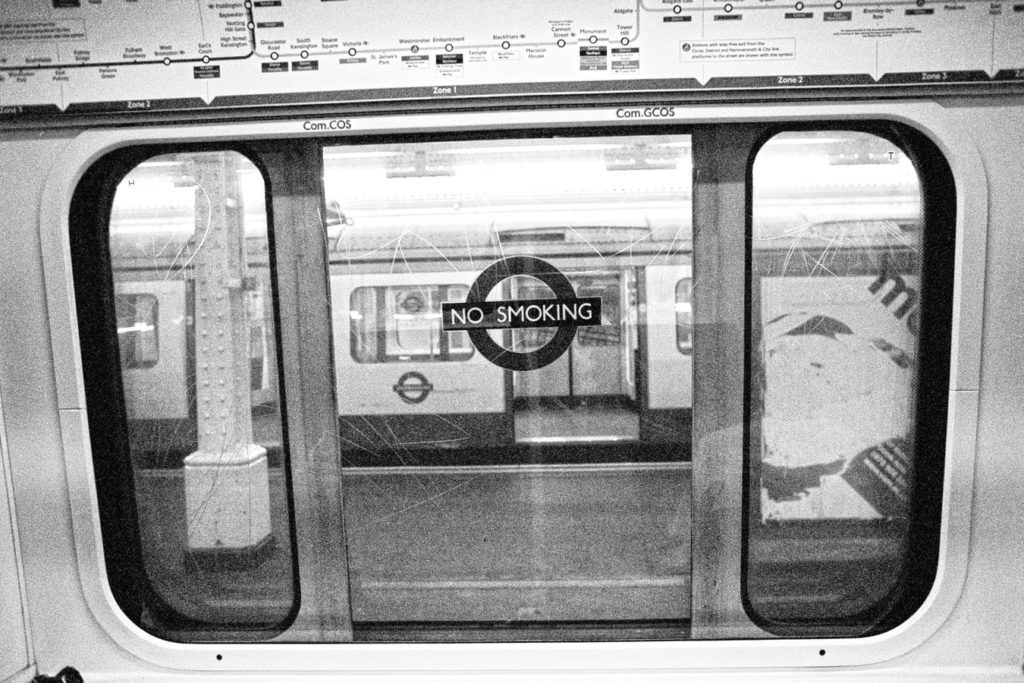
‘I’m back at the station when the radio crackles. A man is on the tracks at Royal Oak. Seven minutes in the car, trying not to grip the arm rest. I’m out first, tugging on gloves as I run. “He’s out there now. You need to move him.”‘
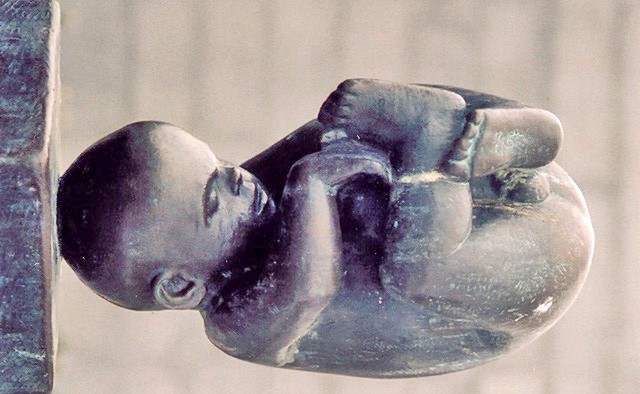
‘If grief has a taste, then it tastes like the memory of the chips that we ate by the sea when we talked about baby names, back when the future was still family-sized.’
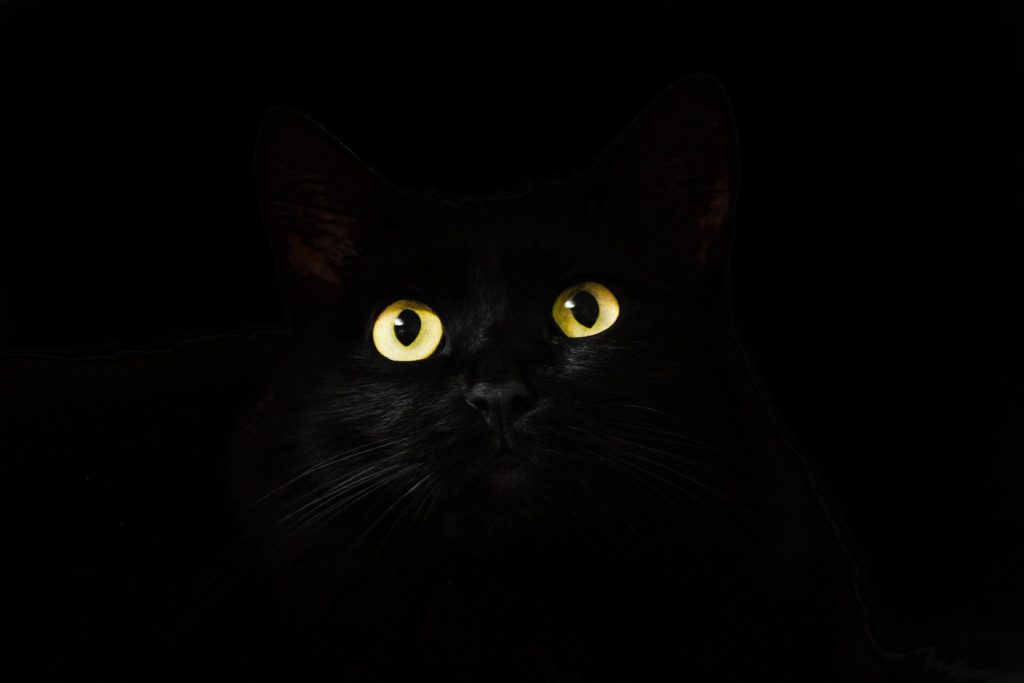
‘On my final attempt to flee I had maybe $1.35 in my pocket and a sturdy bike to whisk me to the farthest corner of town.’
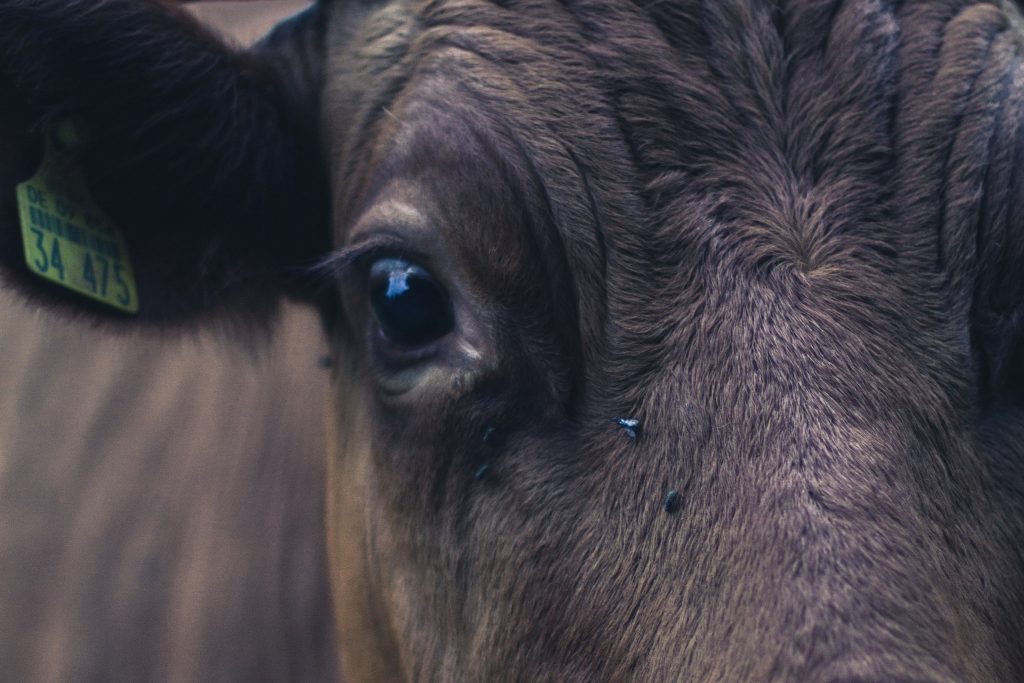
Bleach-soaked carpets. Piles of burning corpses. Elizabeth Briggs remembers how the Foot and Mouth epidemic of 2001 scarred local Worcestershire farms.
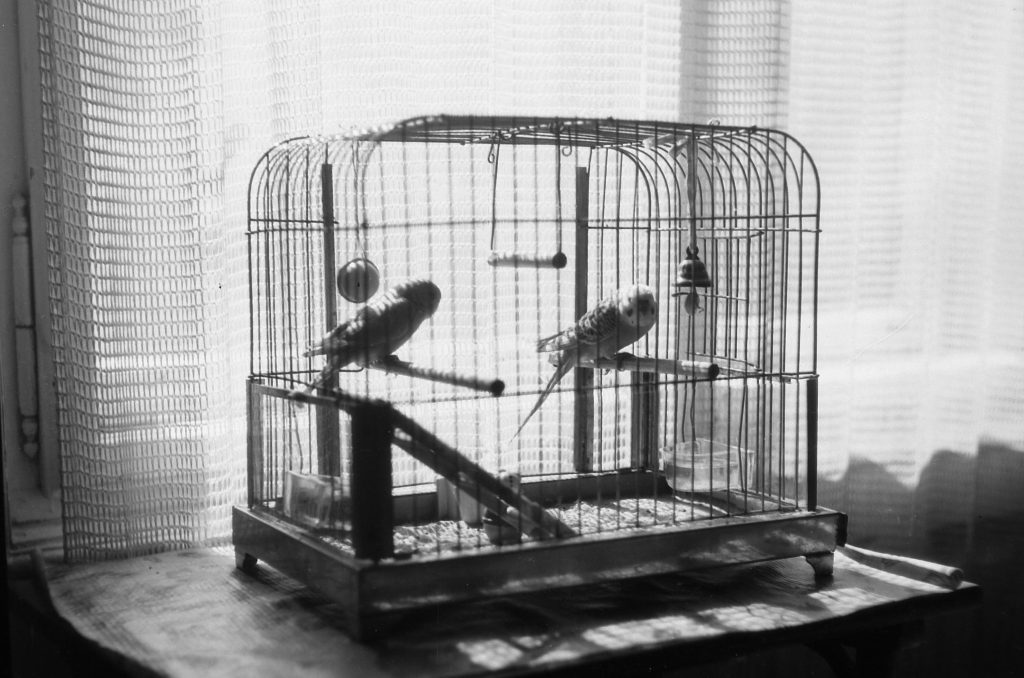
Mr Jones lived down the terraced houses at the end of our street. You’d never have known. There wasn’t anything obvious about him. Often he’d be out in his front garden, mowing, or pruning, or painting a window frame. He’d call out Good Afternoon and…

‘I was out in the open; there was no time to make a futile run towards the plane before the block of flats tumbled down, over my house.’

This highly experimental piece of creative nonfiction explores the relationship between author and character.

‘I let Damian do his project on serial killers in Iowa. This seemed like a bad idea, which was the point.’